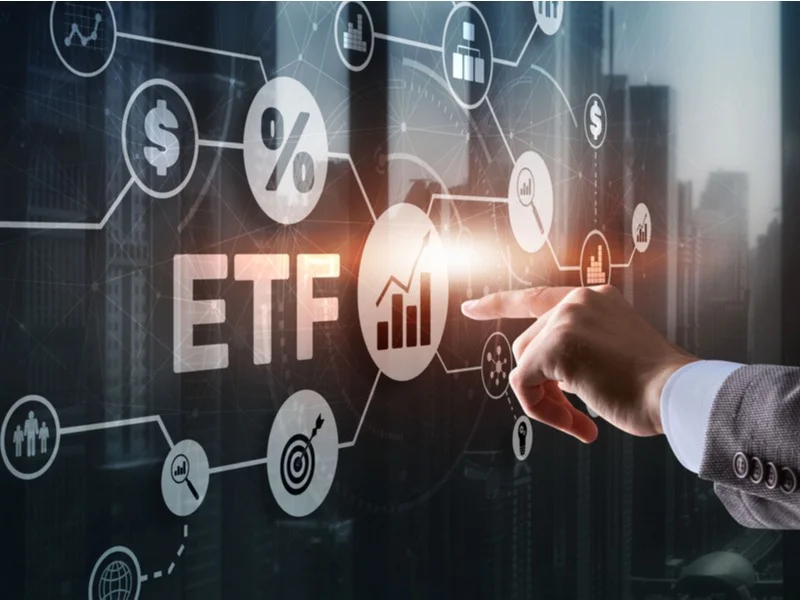Digitisation has changed the way you can invest in various assets. From mutual funds to stocks and gold, you can invest in different securities online. You can also invest in Exchange Traded Funds or ETFs from home using your digital devices. This article covers the process to invest in ETFs online in India.
What are ETFs?
ETFs provide investors with the option of investing in several securities together. Exchange Traded Funds are collections of investments such as equities and bonds. The underlying assets held by an ETF can be stocks, commodities, bonds, oil futures, etc., and the ownership of these underlying assets is divided among shareholders by converting them into shares.
ETFs track the performance of a particular index just like index mutual funds; the main difference between the two is that ETFs can be bought and sold during the day, while index funds can only be traded at the fixed price point at the end of the trading day.
Why is an ETF investment worth considering?
Here are a few reasons why ETFs are a worthwhile investing option:
- Exchange Traded Funds are easy to trade
You can purchase and sell ETFs on the same day, which is not the case with mutual funds.
- ETFs are transparent
Since ETFs are required to report their holdings daily, they are among the most transparent modes of investment.
- ETFs provide tax benefits
Since ETFs generate fewer capital gains distributions, they can help investors avail of tax benefits.
- Investors can place order types
Investors can place order types such as limit orders and stop-loss orders in the case of ETFs.
Factors to consider before investing in ETFs
Here are the factors that you must consider before investing in an ETF scheme:
- Check the category of the ETF
You must check the category of ETF while opting for an ETF investment. Some options include Index, Commodity, Leveraged, Fixed Income and Inverse ETFs. However, you must know the index or the sector your ETF is tracking to assess its returns better.
- Check the ETF’s trading value
It is better to choose an ETF with a higher trading value to get a decent price for your ETF units.
- Verify the Expense Ratio
The cost ratio of an ETF is generally lower than that of an actively managed mutual fund scheme. It is better to prioritize an ETF with a lower expense ratio to earn better returns.
- The tracking error of the ETF must be low
It is true that ETFs track index mutual funds. However, their returns are different from index mutual funds. The difference in returns between an ETF and the index mutual fund it tracks is called a “tracking error”. You must look for ETFs with a lesser tracking error to earn higher returns.
ETFs are a worthy investment option as they allow you to diversify your investment portfolio and generate decent returns. However, ensure your research is thorough, you know the risks involved with ETFs, and the ETF you invest in fits your risk profile.




